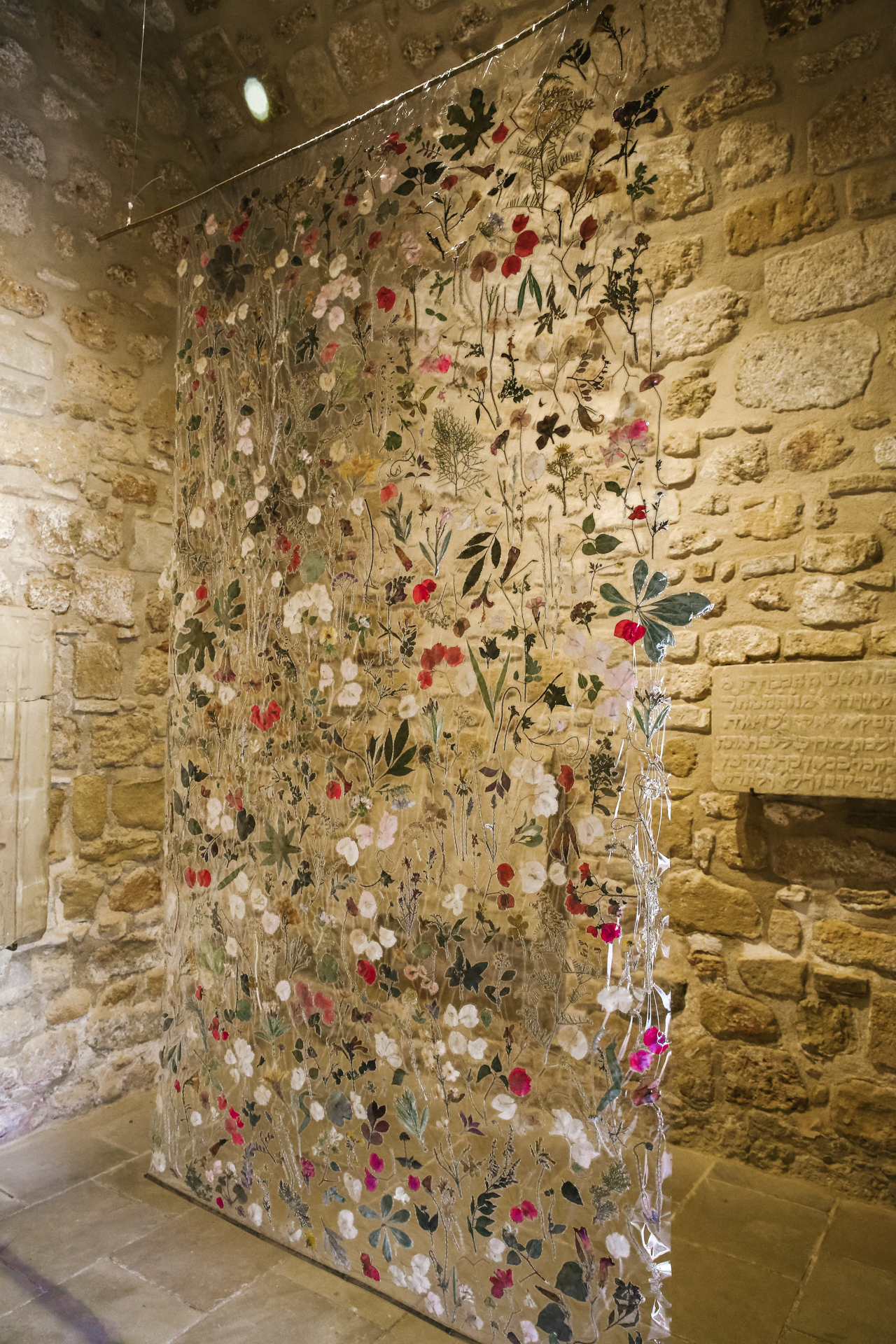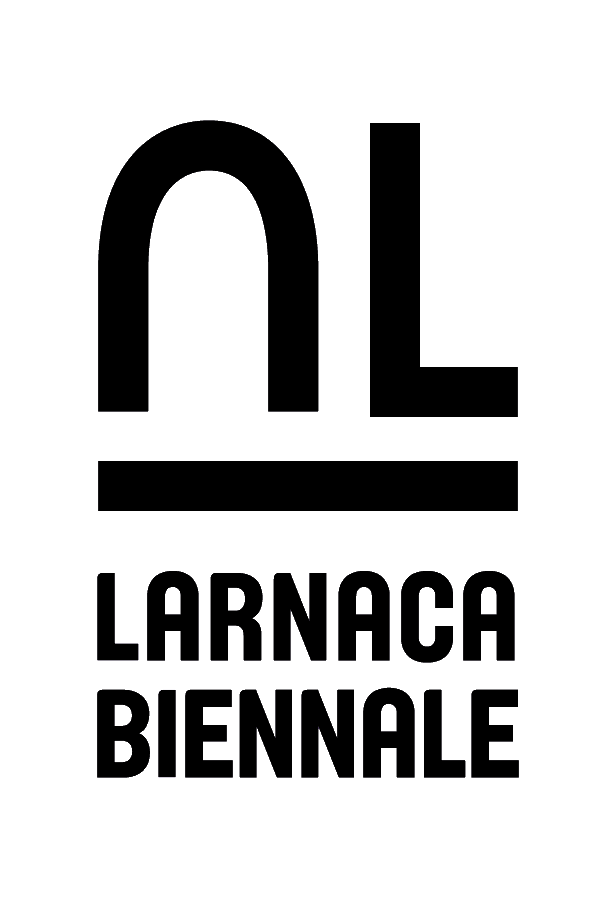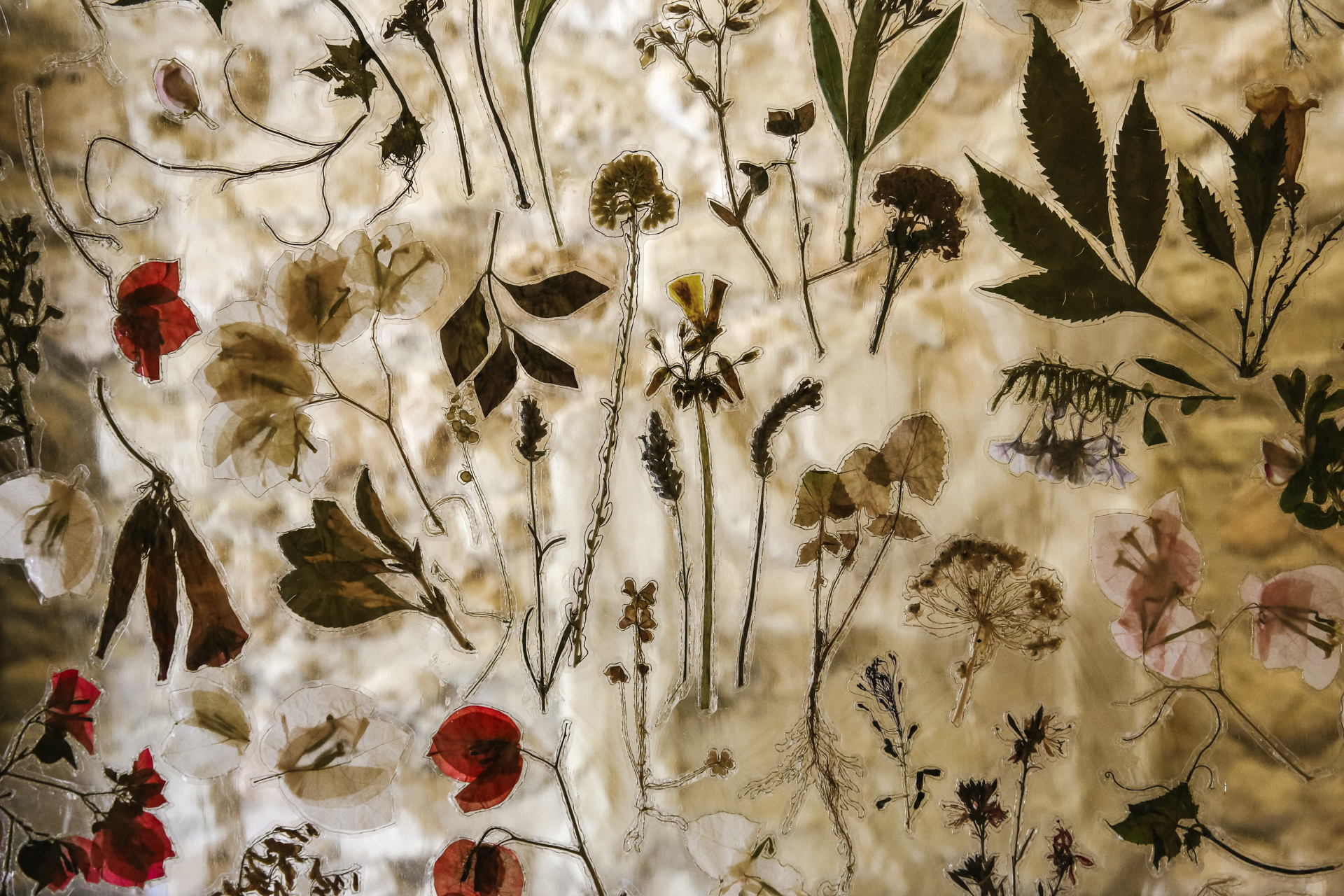Ksenia Roshar is an artist whose work delves into the concepts of “authentic” and “non-authentic,” exploring their interplay and boundaries. She employs both natural and artificial materials to create her art, symbolizing and juxtaposing these ideas. Originally from Russia, Ksenia moved to Cyprus two years ago, a transition reflected in her installation “Burial Shroud.” This work addresses her personal experience of loss and “disempowered grief,” using dried plants as metaphors for her connection to the past. Her compelling installation gained significant attention at the Larnaca Biennale 2023, where she was awarded the Finalist Award. Ksenia praises the event’s organization and the welcoming atmosphere of Larnaca, encouraging future artists to participate and share their artistic vision.
Who is artist Ksenja Roshar? Share with us a few things about you and your work in general.
I am Ksenia Roshar! In my artistic experience, I explore the concepts of “authentic” and “non-authentic”, reflect on their correlation, and analyse the treatment of the authentic as valuable in contrast to the devaluation of the “non-authentic”. What is it? Do they exclude each other? Where is the border between them? To create my works, I use both materials of natural origin, which act as a metaphor for the “authentic” (nature as its embodiment), and materials created by human hands (“artificial”, “inauthentic”). I connect, combine and “substitute” them, oppose and confront them. Whatever the relationship between the organic and the inorganic in my works, it is inherent in their proximity to each other, just as it is inherent in their proximity to each other around human beings.
Your installation ”Burial shroud” was one of the most shared works through social media by LB visitors! Tell us a few words about it.?
Originally, I am from Russia, however, I moved to Cyprus around 2 years ago and have been living here ever since. My installation «Burial shroud» is devoted to this stage in my life. When we moved, we took away something dear to our hearts, and yet we left a lot behind: our home, the opportunity to see our family and friends, our favourite places and some memories. I perceive this experience as an irreplaceable personal loss, which I cannot “grieve” openly due to ethical norms, because my loss is ephemeral – I am not a refugee or a forced migrant and my emigration is a conscious decision of my family. This kind of loss is defined by Professor Kenneth Doka as ” disempowered grief,” that is, “grief experienced when the loss cannot be openly expressed, publicly mourned, or accepted by society.” Using dried plants as an allegory of connection to the past, I am gradually working my way step by step through the stages of grieving and accepting my loss.

What was your reaction when you heard that you were awarded with a Finalist Award?
I was very happy to participate in the Biennale, which is a major cultural event in Cyprus. And I was so delighted to be awarded with the Finalist Award – this was really something special and inspiring.
What was your overall impression of Larnaca and Larnaca Biennale?
Larnaca is a great sunny place (as also is Cyprus in general), and people here are likewise – smiling and open-hearted. Larnaca Biennale was very well organized – from introductory emails, to mounting works, demonstrating to audience and dismounting. I truly enjoyed every part of it.
A message you would like to send to artists that will apply in the future for participation in the Larnaca Biennale.
Please don’t be afraid and do apply for participation in Larnaca Biennale – it is a great event in a fabulous place, which is managed in a top-notch fashion.


